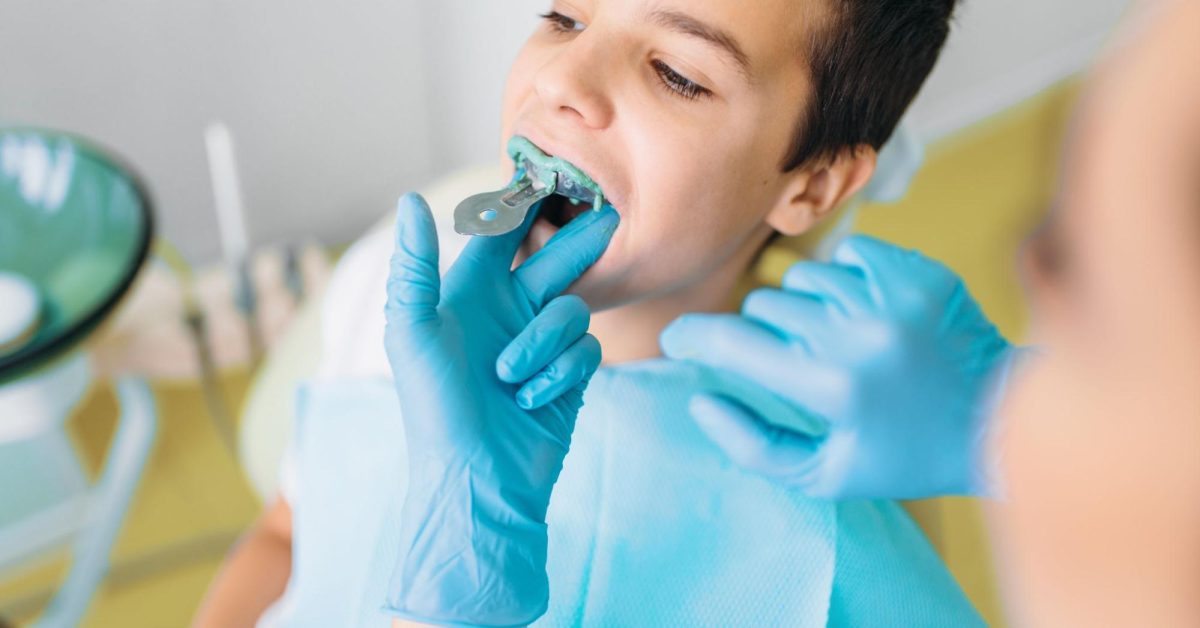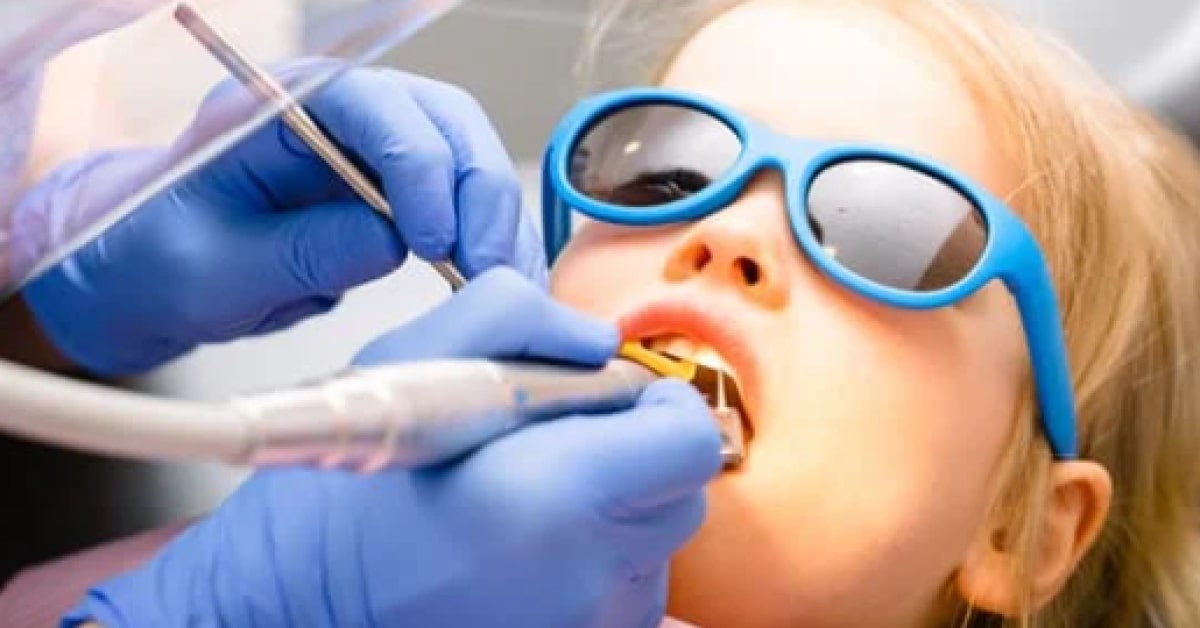Blog
July 06, 2023 • 10 mins readThe Science Behind Oral Appliances: How They Help Improve Sleep Quality
Oral appliances can treat sleep apnea and improve sleep quality. Learn more about the science behind oral appliances and how they can help you get a better night's sleep.
Author
Danielle Duncan

In this Article
Do you often wake up feeling groggy and tired even after a full night’s sleep? Do you struggle with snoring or sleep apnea? If so, you may benefit from using oral appliances for obstructive sleep apnea. These devices are designed to improve sleep quality by correcting problems with breathing during sleep. In this blog post, we’ll explore the science behind oral appliances, how they work, and the benefits they provide for those struggling with sleep disorders.
First, let’s take a look at the two most common sleep disorders that oral appliances can help treat: snoring and sleep apnea. Snoring is caused by a partial obstruction of the airway, which leads to the vibration of the soft tissue in the throat. Sleep apnea, on the other hand, is a more serious condition that causes complete obstruction of the airway, leading to pauses in breathing during sleep. Both conditions can lead to poor sleep quality, daytime fatigue, and other health problems if left untreated.
How important is treating sleep apnea really?
Treating sleep apnea is incredibly important for both your physical and mental health. When left untreated, sleep apnea can lead to a variety of serious health complications, such as high blood pressure, heart disease, stroke, and even depression. Additionally, sleep apnea can significantly impact your quality of life, making it difficult to concentrate during the day and causing extreme fatigue. By seeking treatment for sleep apnea from a dentist who is well versed in dental sleep medicine, you can improve your overall health and well-being, and enjoy a better quality of life.
How do sleep apnea oral devices work?
Oral appliances work by repositioning the jaw and tongue to help keep the airway open during sleep. As you can imagine, having an obstructive sleep apnea oral appliance can be a game changer for many patients. These devices are custom-fitted by a dentist or sleep specialist and are worn in the mouth while sleeping. They are designed to be comfortable and easy to use, and many patients report significant improvement in their sleep quality and overall health after using them.
There are several different types of oral appliances available, each with its own unique design and features. Some are designed to hold the tongue in place, while others work by repositioning the lower jaw. Your dentist or sleep specialist can help determine which type of appliance is best suited for your individual needs.
So, what are the benefits of using an oral appliance?
Using an oral appliance can provide several benefits, including:
1. Improved sleep quality – Oral appliances can help reduce snoring and alleviate symptoms of sleep apnea, which can lead to better, more restful sleep.
2. Increased energy levels – Better sleep can lead to increased energy levels and improved daytime function.
3. Reduced risk of health complications – Sleep apnea has been linked to an increased risk of several health complications, including high blood pressure, heart disease, and stroke. Using an oral appliance can help reduce this risk.
4. Comfort and convenience – Oral appliances are typically easy to use and comfortable to wear, making them a convenient option for those who struggle with CPAP machines or other sleep apnea treatments.
5. Improved overall health – By improving sleep quality and reducing the risk of health complications, using an oral appliance can contribute to improved overall health and wellbeing.
Oral appliances are a safe, effective, and non-invasive way to improve sleep quality for those struggling with snoring and sleep apnea. By repositioning the jaw and tongue, these devices help keep the airway open during sleep, reducing the risk of breathing problems and improving overall health. If you’re struggling with sleep disorders, talk to your dentist or sleep specialist to see if an oral appliance may be right for you.



